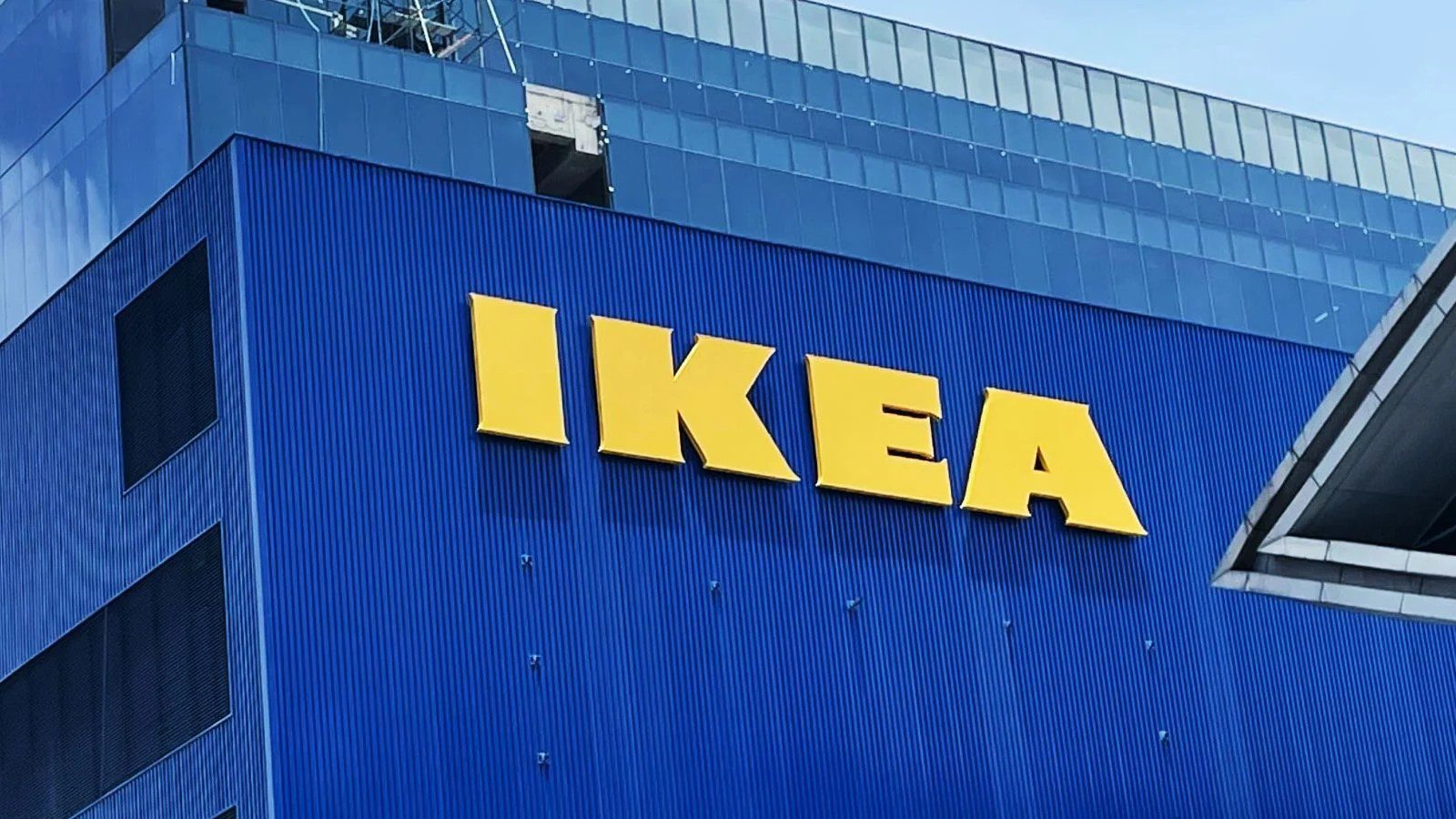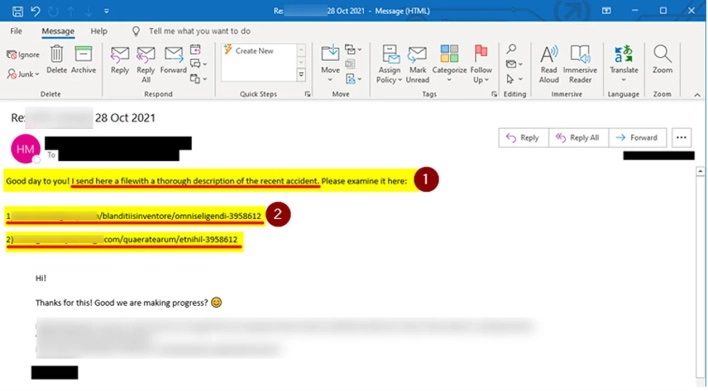Hackers take over IKEA’ employee accounts and send phishing emails

Since the beginning of this year, many well-known companies around the world have been attacked by hackers, such as McDonald’s, a world-renowned fast-food brand. Hackers stole part of McDonald’s data in the United States, South Korea, and Taiwan, including information about employees and restaurants. Kaseya, a developer of remote IT service management software, also suffered a large-scale ransomware attack, the hacker organization REvil used the vulnerability to access Kaseya’s server, and then posted a post on the dark web, demanding a ransom from Kaseya, asking the other party to pay a ransom of $70 million in exchange for repairing the data. Saudi Aramco, the world’s largest oil producer, also encountered a large amount of data theft, and the hackers demanded a ransom of $50 million.
What is more familiar to the majority of DIY enthusiasts is that board card manufacturers were stolen by hackers of confidential documents, and data related to many unreleased products of Intel and AMD were leaked. Although similar incidents have occurred from time to time in the past, this year’s hacking attacks have been larger and more frequent. The victims are also large global multinational corporations. After a period of silence, some industry giants recently broke out similar incidents. This unfortunately the Swedish furniture brand IKEA was affected.


What’s more difficult is that it’s still not clear whether hackers hacked into IKEA’s employee account or entered IKEA’s internal Microsoft Exchange server. Out of prudent consideration, IKEA has shut down some functions of the email system and increased the network alert level to avoid further risk of data leakage, and to investigate the relevant situation.





